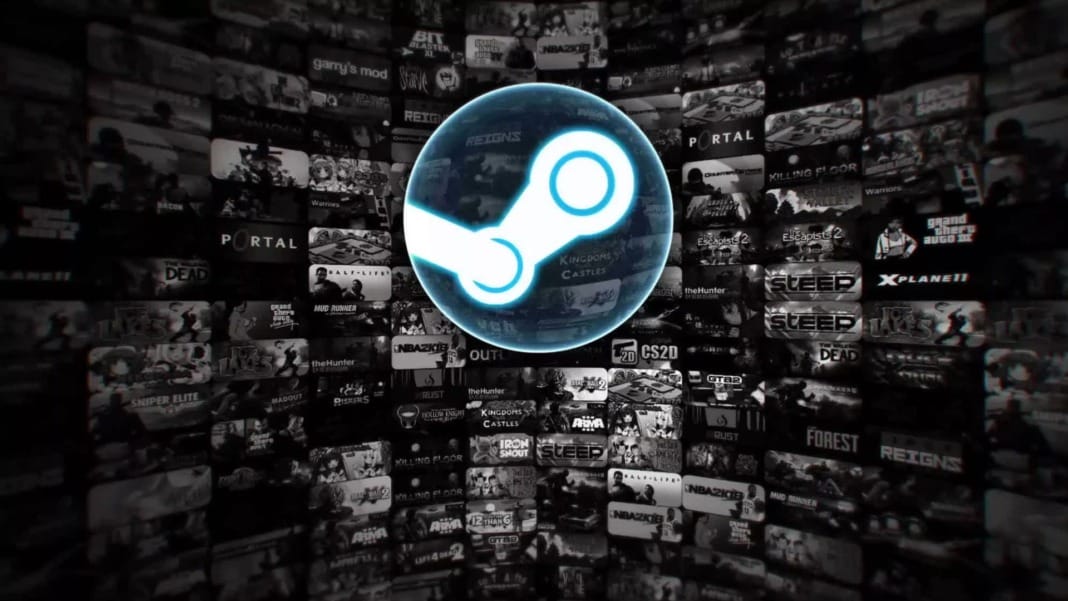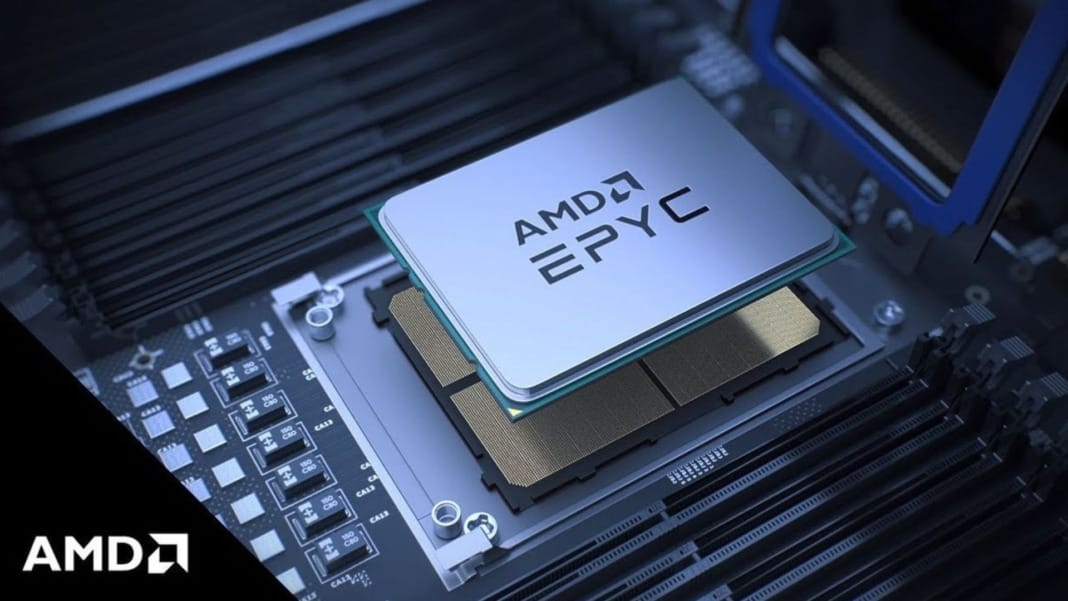Have you ever bought a game or an app from a digital store and had it disappear without warning? It’s frustrating and confusing, leaving you wondering what went wrong. Well, some governments are starting to step in to make things clearer for consumers like you.
In California, Governor Gavin Newsom recently signed Assembly Bill 2426 (AB 2426), a new law aimed at making the process of purchasing digital goods and services more transparent. This new law targets online stores that sell digital items such as video games, music, movies, TV shows, and ebooks. It requires them to be explicit about whether you own what you are paying for or are simply buying a license to access it.
Steam’s response to the new law
Although the law won’t take full effect until next year, some companies are already making changes to comply with the upcoming regulations. Steam, one of the largest platforms for purchasing digital games, has updated its storefront to reflect the new rules. When you buy a game on Steam, you’re notified upfront that you are purchasing “a license for the product” rather than owning the game outright.
So, what does this mean for you as a buyer? When you purchase a game on Steam, you pay for the right to access and use it through their service. This is called a license. You don’t own the game traditionally like you would if you bought a physical copy. If, for some reason, the game is removed from Steam or becomes unavailable, you may lose access to it without any entitlement to a refund or permanent ownership.
Understanding digital licenses
This new clarity from Steam about digital ownership raises important questions about the nature of digital purchases. A license, in simple terms, is permission to access and use content provided by the service. You’re paying for the right to play a game or use an app, but you don’t own the files outright. If you’re used to physical media like DVDs or CDs, this might seem strange because, with physical copies, you own the product itself. However, with digital content, ownership doesn’t work similarly.
What happens if a game is removed from a digital platform like Steam? If the service no longer provides access to the game, your license may end, and you might not be able to play it anymore. For example, if a game publisher decides to remove a title from the store or if a licensing agreement between Steam and the publisher expires, the game could disappear from your library.
This is a stark difference from owning a physical copy, where you could keep and play the game for as long as you like. In the digital world, though, the platform controls your access, and they can revoke it anytime.
How this law helps you as a consumer
The new law signed in California is designed to prevent any misunderstandings. Many people believe that when they buy a digital game, they own it just like a physical disc. But this isn’t the case. The law ensures you know exactly what you get when purchasing digital. Requiring stores like Steam to be upfront about digital licenses helps you make informed decisions about how you spend your money.
For example, if you prefer to own games permanently, think twice before buying a digital version. Alternatively, if you’re okay with having access to a game while it’s available, the Steam model may still work for you. Either way, the law protects your interests by providing clear information.
In summary, Steam’s new approach to digital game purchases is part of a broader movement to make digital transactions more transparent. While buying a license instead of owning a game might take some getting used to, it ultimately gives you more clarity about what you’re paying for. As digital marketplaces evolve, we’ll likely see more platforms following suit, providing more precise information to ensure you know exactly what you’re buying.





